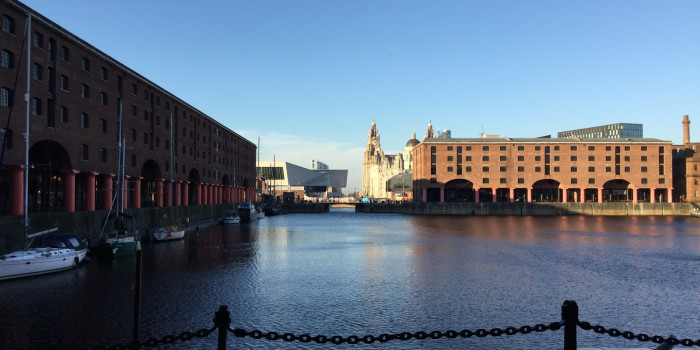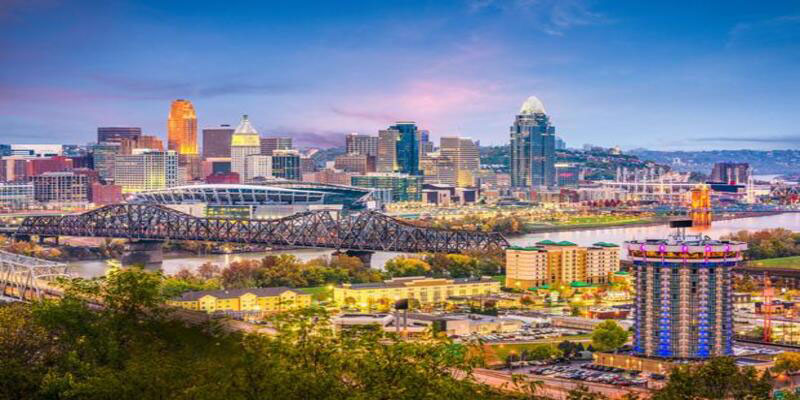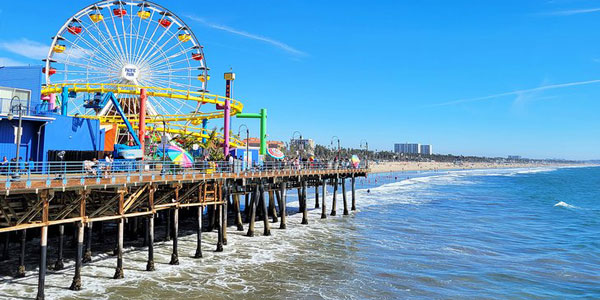Liverpool, a city in northwest England, is a great destination for anyone interested in history or culture. Liverpool is more than just a city famous for its football team's achievements. During the Industrial Revolution, it grew rapidly and became one of the busiest ports in the world. This means Liverpool has more national museums per capita than any other city (outside of London, obviously). There are even several Fantastic Beats filming sites to be found. The city has several unexpected attractions. If you plan on visiting Liverpool, you should know there is plenty of exciting activities to partake in. It's a fantastic metropolis that's steeped in history. Liverpool has a lot to offer, including one of the largest churches and a clock bigger than big ben. Therefore, we shall acquaint you with a few of Liverpool's most intriguing features.
The Former English King Was Liverpool's Founder.
Liverpool was founded by King John I in 1207. King John was the sibling of Robin Hood's archenemy Richard the Lionheart.

Central To the Transatlantic Slave Trade Was Liverpool's Albert Dock.
As the center of the UK's slave trade, the city prospered. By passing the Slave Trade Act in 1807, Britain effectively stopped its participation in the slave trade. The International Slavery Museum debuted at the waterfront on the 200th anniversary of slavery's abolition in 2007.
Liverpool Is the Birthplace of the RSPCA.
Liverpool is the birthplace of the RSPCA, which opened its doors on Bold Street in 1809. This is one of the city's lesser-known facts. Since its inception, this organization has grown to become the premier animal welfare group in the world.
The First Passenger Rail Line Originated in Liverpool.
The oldest mainline station in the United Kingdom is Liverpool Lime Street, which was opened in 1836. The fact that it's still in business today reflects its high quality. George Stephenson established the initial steam train route to Manchester. We owe much of our modern national railway system to his vision. In addition, Liverpool was the site of the first-ever overhead railway, which debuted in 1893.
Liverpool Translates As "Muddy Pool."
Liverpool's etymological past makes for some fascinating research. Its origin is in the combination of two Old English words: "lifer," meaning "muddy" or "thick water," and "pl," meaning "pool" or "creek." Liverpool is far more enticing than Muddy Pool.
Liverpool Has Produced Several Well-Known People.
Many well-known people in the entertainment industry have Liverpool roots. Many famous artists and entertainers call this place home. Wayne Rooney, Cilla Black, Stephen Graham, John Bishop, and John Lennon are just a few famous people who attended the school.
The Designation Of "European Capital of Culture" Began There.
Furthermore, Liverpool is the first European Capital of Culture, having been thus honored in 2008. The EU makes the selection and then organizes a year's worth of cultural celebrations to honor the winner.
Liverpool Has a Long History of Diverse Cultures.

Liverpool is home to the oldest black community in the United Kingdom and the longest-established Chinese community in Europe. The abundance of locally owned eateries dishing up genuine food worldwide will leave you feeling spoiled for choice.
Liverpudlians Are Top Linguists.
As a result, more than half of the population is fluent in a language other than English at home. There are almost 60 different languages spoken here.
The Grand National Is Held Each Year in Liverpool.
Around 150,000 spectators go to Aintree Racecourse each year to see the annual horserace. It all started in 1839, but things were a lot less complicated back then. At this 3-day televised tournament, the Style Award is as sought on Ladies' Day as the winnings from the day's betting.
Tourists Flock to Liverpool Every Year.
Regarding tourism in the United Kingdom, Liverpool ranks fifth for 2019. The city's modern shopping, dining, and entertainment culture are just as robust as its historical relevance and appeal.
It Was Named After Brothels and Strip Clubs, Paradise Street.
After crossing the Atlantic, seafarers throughout the industrial revolution flocked to Liverpool's adult entertainment facilities. Many brothels were located on this street; therefore, sailors named it "Paradise Street" to reflect its status as a haven after a long voyage at sea. The street is still home to several strip joints.
The Legendary Liver Bird Serves as The City's Mascot and Symbol.
Symbolic representations of the city's official coat of arms bird, the liver bird, may be found atop the landmark Liver Building. Originating with a seal from the 13th century, the eagle-like or cormorant-like bird shown on the seal is a mystery. Because of its long history in the city, the bird has developed into a beloved mythological creature.




